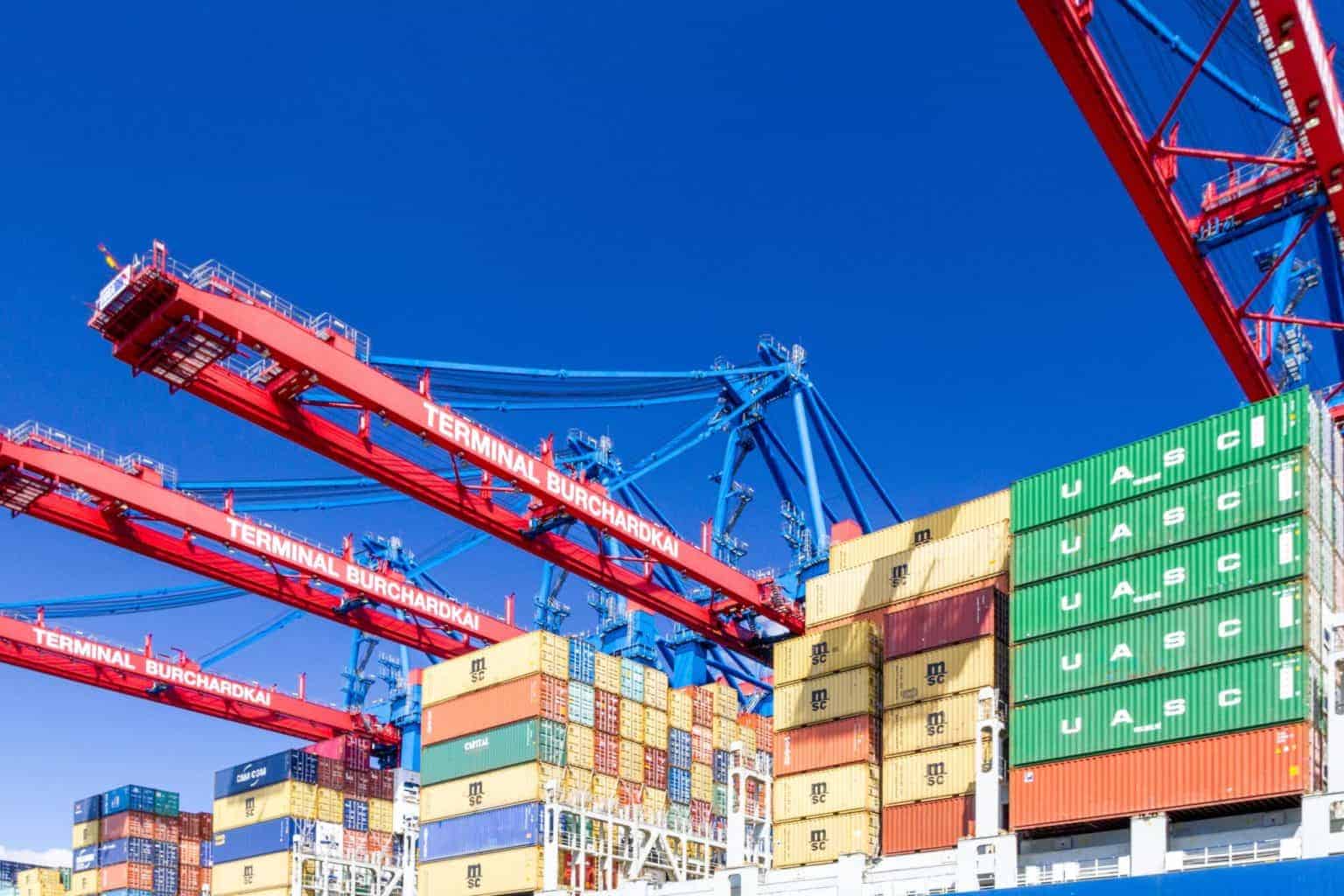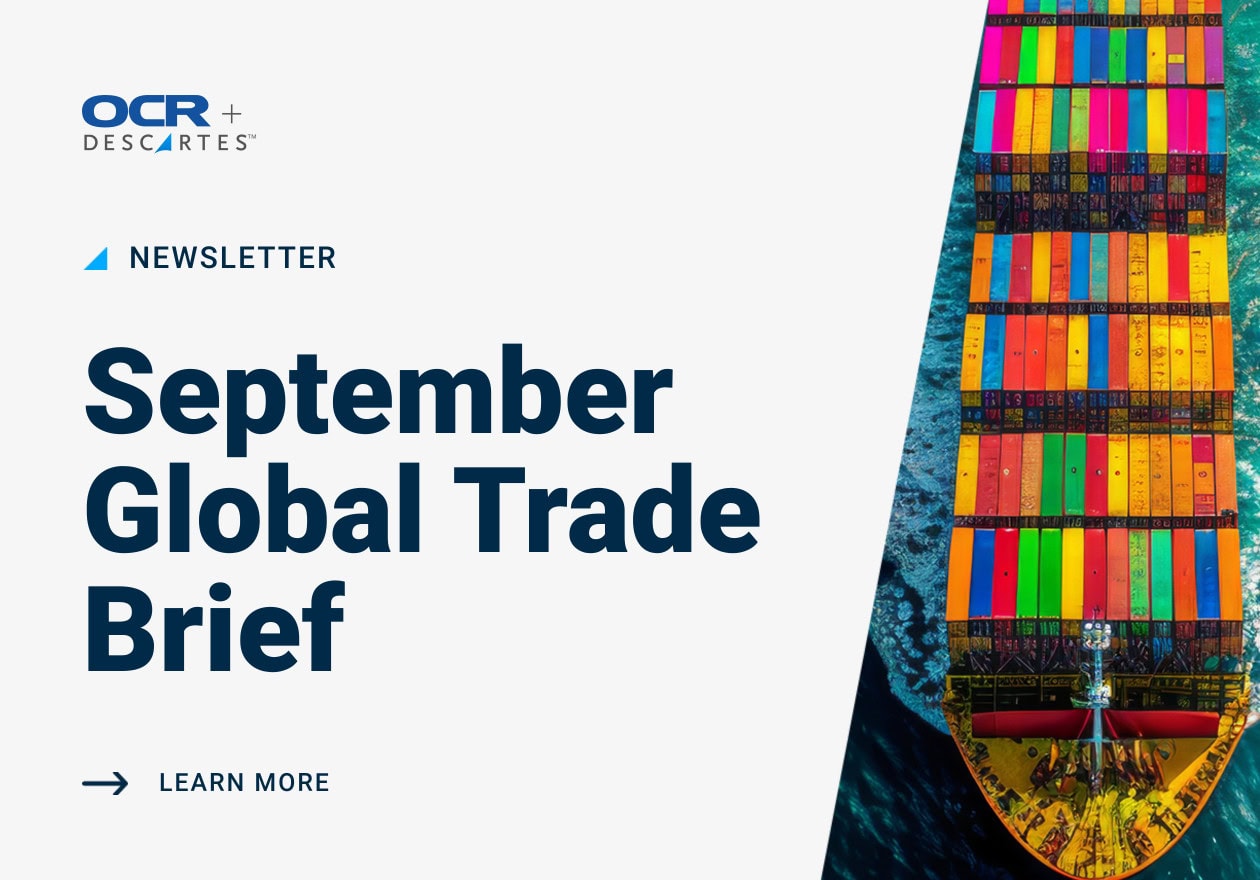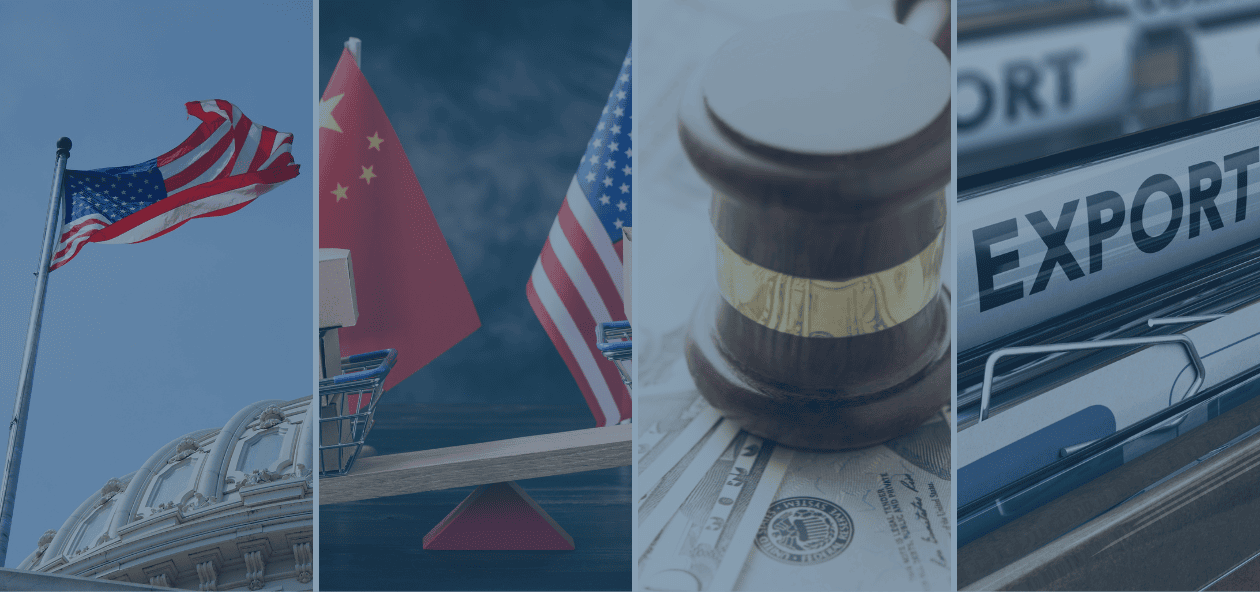Exporters to comply with the Hong Kong Import and Export Controls
Effective April 19, 2017 all exporters exporting to or re-exporting from Hong Kong need to obtain additional documents when exporting items controlled on EAR specifically those controlled for NS, MT, NP and CB reasons. For export, you need a copy of a valid import license from the Hong Kong importer issued by the Hong Kong government, or; a copy of a written statement issued by the Hong Kong government that no import license is required. Persons intending to re-export these items from Hong Kong must obtain prior to shipment either a Hong Kong export license; or a statement from the Hong Kong government that such a license is not required.
This document need not be submitted with BIS but needs to be available prior to shipment. The exporter needs to maintain copies of all these documents for a period of at least 5 years.
The intention behind the rule is to ensure that US origin goods subject to export control regimes are properly authorized to ultimate destination, in other words, this is to prevent transshipment from Hong Kong to China. This rule reflects the US -Hong Kong policy to treat Hong Kong as a destination separate from People’s Republic of China for export control purposes.
Foreign Trade Regulations Revised to meet the new Export Reporting Requirements
Effective July 18, 2017 the Census Bureau has issued a final rule that will amend the FTR to reflect new exporting requirements related to implementation of the International Trade Data System.
Highlights include:
- US principal parties in interest or authorized agents to file export information to AES for all shipments where an electronic export information record is required under the FTR
- The original internal transaction number field is being added in AES. This data element may be utilized if a previously filed shipment is replaced or divided and a new EEI record is to be filed. This allows the enforcement agencies and the trade community to ensure that filling requirements for both the original shipment and additional shipments has been met. Also Census has done away with the requirement of reporting the used electronic indicator.
- Census is incorporating the revised timeframes for split shipments that were addressed in FTR Letter #6 and have clarified that succeeding parts of a split shipment that are exported within the specified time frame do not require additional EEI record.
DENIED PARTIES & SANCTIONS
EASE Update: Clients need not worry about the newly added individuals and entities as these are updated daily in EASE and clients may download these lists automatically.
Office of Foreign Assets Control (OFAC)
OFAC Designated Ali Ahmidah al-Safrani and Abd al Hadi Zarqun, Hamma Hamani Libya-based Islamic State of Iraq and Syria (ISIS) financial facilitators as well as Algerian ISIS supporter pursuant to Executive Order (E.O.) 13224, which targets terrorists and those providing support to terrorists or acts of terrorism
OFAC designates Tehran Prisons Organization and Sohrab Soleimani, a senior official within Iran’s State Prison Organization pursuant to Executive Order 13553, which targets serious human rights abuses by officials of, and persons acting on behalf of, the Government of Iran since the June 2009 Iranian election
OFAC designates Yorv Inmobiliaria and Grupo Segtac, S.A., two Mexican companies as Specially Designated Narcotics Traffickers (SDNTs) pursuant to the Foreign Narcotics Kingpin Designation Act (Kingpin Act)
OFAC Designates Abdoulaye Hissene (Hissene) and Maxime Mokom (Mokom) pursuant to Executive Order (E.O.) 13667 for engaging in actions that threaten the peace, security, or stability of the Central African Republic
OFAC has taken action in response to the April 4, 2017, sarin attack on innocent civilians in Khan Sheikhoun, Syria, by the regime of Syrian dictator Bashar al-Assad and has designated 271 employees of Syria’s Scientific Studies and Research Center (SSRC), the Syrian government agency responsible for developing and producing non-conventional weapons and the means to deliver them.
Department of State (DOS)
CASE STUDIES
$275,000 Settlement for Evading Customs Duties
FACTS
Import Merchandising Concepts L.P. (IMC) imports, among other things, bedroom furniture that is sold for use in university student housing. The company is headquartered in Addington, Texas. Glen Michaels is an IMC executive, and Alan Lewis was an IMC agent.
IMC led by Glen Michaels and Alan Lewis, evaded antidumping duties on wooden bedroom furniture imported from the PRC between 2009 and 2014, by misclassifying the furniture as non-bedroom furniture on its official import documents. At the time of the imports alleged in this case, wooden bedroom furniture from the PRC was subject to a 216 percent antidumping duty; non-bedroom furniture was not subject to any antidumping duties.
LAW
Antidumping duties protect against foreign companies “dumping” products on the U.S. market at prices below cost. The U.S. Department of Commerce assesses and U.S. Customs and Border Protection (CBP) collects these duties to protect U.S. businesses and level the playing field for domestic products.
RESULT
The Department of Justice announced that IMC, Glen Michaels and Alan Lewis, have agreed to pay $275,000 to resolve allegations that the company improperly evaded customs duties on imports of wooden bedroom furniture from the People’s Republic of China (PRC), in violation of the False Claims Act.
Country of Origin Final Determination by CBP for Network Taps
CBP has concluded that the country of origin of the Net Optics Slim Tap network taps is China for purposes of U.S. Government procurement.
FACTS
The Slim Tap is a network tap produced by Ixia. A network tap is a fiber optic device that provides a physical connection or access to a network. Network taps enable users to physically connect a computer or other monitoring device to a network for the purpose of evaluating, monitoring, or checking network issues. The Slim Tap consists of three optic to LC-LC adapters from Taiwan, two fiber optic splitters from China, a chassis from the United States, a foam tube holder from the United States, a bracket from the United States, screws from the United States, and three tamper proof labels from the United States. The components from Taiwan and China are imported into the United States, separately in different shipments at different times. In the United States, these foreign and domestic components are assembled into the finished product, the Slim Tap, by specially trained technicians. During this assembly process, the technicians must install the adapters from Taiwan and splitters from China in a specific manner per the wiring diagram for the Slim Tap, or else the finished product will not work properly. After assembly, the Slim Tap is tested to determine if the signal or line drops fall within acceptable parameters and to assure that the unit is otherwise functioning properly. According to Ixia, this assembly and testing process in the United States takes approximately 15 minutes.
LAW
Pursuant to subpart B of Part 177, 19 CFR 177.21 et seq., which implements Title III of the Trade Agreements Act of 1979, as amended (19 U.S.C. 2511 et seq.), CBP issues country of origin advisory rulings and final determinations as to whether an article is or would be a product of a designated country or instrumentality for the purposes of granting waivers of certain “Buy American” restrictions in U.S. law or practice for products offered for sale to the U.S. Government.
Under the rule of origin set forth under 19 U.S.C. 2518(4)(B): An article is a product of a country or instrumentality only if (i) it is wholly the growth, product, or manufacture of that country or instrumentality, or (ii) in the case of an article which consists in whole or in part of materials from another country or instrumentality, it has been substantially transformed into a new and different article of commerce with a name, character, or use distinct from that of the article or articles from which it was so transformed.
ANALYSIS
In examining whether a change in name occurred, we note that the foreign adapters and splitters do not lose their individual names as a result of this post-importation assembly process. Per the assembly description and wiring diagram, the adapters and splitters would still be identified as the adapter and splitter components of the Slim Tap.
We also find that the assembly of the Slim Tap in the United States does not render a change in character to the adapters and splitters. The imported adapters and splitters do not change in shape or material composition as a result of the post-importation assembly.
In examining whether a change in use occurred, we note that Ixia uses the imported adapters and splitters because such are comprised of precise materials that permit passing data through the Slim Tap in the manner required by the product. As in Energizer Battery, the imported materials are imported in a prefabricated form with a pre-determined end use as components of the Slim Tap.
RESULT
Therefore, through an analysis of the name, character, and use test, we find that the imported components do not undergo a substantial transformation when assembled into the Slim Tap in the United States. As noted in Energizer Battery, within the name, character, and use test, determining the country of origin through a substantial transformation analysis may require comparing the “essence” of the imported articles to that of the completed article. because the imported splitters constitute the “essence” of the Slim Tap, China will be considered the country of origin of the product for purposes of U.S. Government procurement.
Chinese National Pleads Guilty to Attempting to Illegally Export High-Grade Carbon Fiber to China
DOJ announced that Fuyi Sun a citizen of China has pleaded guilty to violating the International Emergency Economic Powers Act (IEEPA) in connection with a scheme to export illegally to China, without a license, high-grade carbon fiber, which is used primarily in aerospace and military applications.
FACTS
Since 2011, Sun attempted to acquire extremely high-grade carbon fiber, including Toray type M60JB-3000-50B carbon fiber (“M60 Carbon Fiber”). Sun contacted what he believed was a distributor of carbon fiber – but which was, in fact, an undercover entity created by HSI and “staffed” by U.S. Immigration and Customs Enforcement’s Homeland Security Investigations (ICE-HSI) undercover special agents (the “UC Company”). Sun inquired about purchasing the M60 Carbon Fiber without the required license. In the course of his years’ long communications with the undercover agents and UC Company, Sun repeatedly suggested various security measures that he believed would protect them from “U.S. intelligence.” Sun instructed the undercover agents to use the term “banana” instead of “carbon fiber” in their communications. Soon thereafter he inquired about purchasing 450 kilograms of “banana” for more than $62,000. To avoid detection, Sun also suggested removing the identifying barcodes for the M60 Carbon Fiber, prior to transshipment, and further suggested that they identify the M60 Carbon Fiber as “acrylic fiber” in customs documents. On April 11, 2016, Sun traveled from China to New York for the purpose of purchasing M60 Carbon Fiber from the UC Company. During meetings with the undercover agents, on or about April 11 and 12, among other things, Sun repeatedly suggested that the Chinese military was the ultimate end-user for the M60 Carbon Fiber he sought to acquire from the UC Company, and claimed to have personally worked in the Chinese missile program. On April 12, 2016, Sun agreed to purchase two cases of M60 Carbon Fiber from the UC Company. On that date, Sun paid the undercover agents purporting to represent the UC Company $23,000 in cash for the carbon fiber, as well as an additional $2,000 as compensation for the risk he believed the UC Company was taking to export illegally the carbon fiber to China without a license.
LAW
M60 Carbon Fiber has applications in aerospace technologies, unmanned aerial vehicles (commonly known as drones) and other government defense applications. M60 Carbon Fiber is strictly controlled and it requires a license for export to China – for nuclear non-proliferation and anti-terrorism reasons.
RESULT
Sun was arrested on April 13, 2016. Attempting to violate IEEPA carries a maximum sentence of 20 years in prison.



